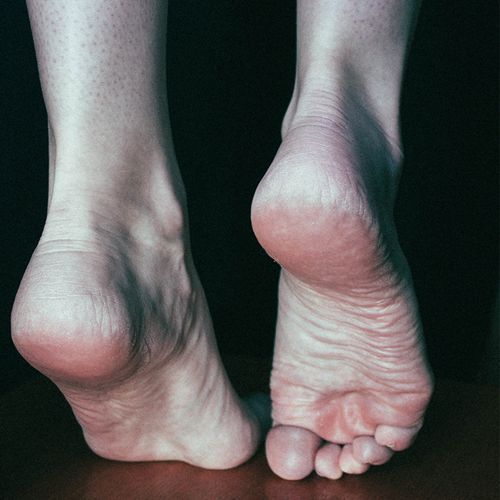I've got a strong family history of osteoarthritis and have suffered several sports-related knee injuries. Though conventional wisdom would say that osteoarthritis is inevitable for me, I disagree. I don't have arthritis and am very physically active despite my history. Arthritis can be prevented, and if you've already got it, you can keep it from getting worse—if you're willing to do some self-care.
Conventional care for osteoarthritis is pain medication, rest and sometimes surgery. The first-line approach usually includes nonsteroidal anti-inflammatory drugs (NSAIDs) such as ibuprofen (Advil) or naproxen (Aleve). In the short term, these drugs are effective at reducing the pain, but they don't help much in the long term. NSAIDs can actually speed up the process of joint destruction and damage the intestinal lining, causing gastritis and ulcers.
To fight arthritis, the main goal is to reduce the inflammation that triggers it. To do this, you need to identify the root cause of the inflammation. This varies from person to person, but common sources include poor diet, allergies to food or something in the environment, the accumulation of heavy metal in the body (such as mercury or lead), chronic illness, insomnia and hormonal imbalance. Naturopathic physicians and holistically minded MDs can test for these inflammatory factors. In addition, I advise my patients who have arthritis or want to prevent it to…
- Strive for a healthy digestive tract. People with arthritis often suffer from indigestion, constipation or irritable bowel syndrome-all of which inflame and irritate the gastrointestinal tract.
Good natural remedy: The amino acid glutamine, which helps strengthen the lining of the gastrointestinal tract. Glutamine is abundant in cabbage and okra and can be taken as a supplement-typical dose is 1,000 mg in powdered form added to four ounces of water and taken three times a day, between meals.
- Get positive. You may be surprised to learn that in arthritis patients, 85% or more of their 50,000 or so daily thoughts are negative, critical and self-defeating To curb thoughts that increase pain perception and worsen joint stiffness, try to become more self-supportive through therapy, meditation, biofeedback or stress-management counseling.
- Watch out for "trigger" foods. Coffee, sugar, alcohol, red meat, dairy products and processed foods promote inflammation, increasing risk for joint pain. To prevent arthritis, cut back or eliminate these foods and increase your in take of anti-inflammatory foods--for example, vegetables, fruits, plain water and healthful oils (such as those from fish and olives).
- Move your body. Physical activity improves circulation and sends nourishing nutrients to joints and surrounding tissue. It also helps keep body weight under control-an important factor in fighting joint pain. Regular movement will not worsen arthritis. Start slowly with simple stretches or walking, Consult a physical therapist if you need help setting up an exercise program that's right for you.
Natural Pain Reliever For Folks Who Can't Take Aspirin
Flavocoxid is a natural supplement that is a combination of flavonoids (anti-inflammatory plant chemicals). Like nonsteroidal anti-inflammatory drugs (NSAIDs), flavocoxid suppresses pain-producing enzymes but is less likely to cause such side effects as gastrointestinal bleeding, so it is helpful for people who experience problems taking aspirin. It is sold at pharmacies as a capsule under the brand name Limbrel and requires a prescription. If you have osteoarthritis and can't use NSAIDs, ask your doctor about flavocoxid.
Caution: It may not be covered by insurance and can cost $4/day.
Pain Creams That Work as Well as Oral Drugs
Topical NSAIDs treated pain associated with osteoarthritis in the knee and hand and musculoskeletal injuries, such as tendinitis, as effectively as oral NSAIDs. Topical NSAIDs are absorbed through the skin, so there is little risk for gastrointestinal bleeding. Currently, only four are available, all by prescription—Voltaren Gel, Solaraze, the Flector Patch and liquid Pennsaid.
